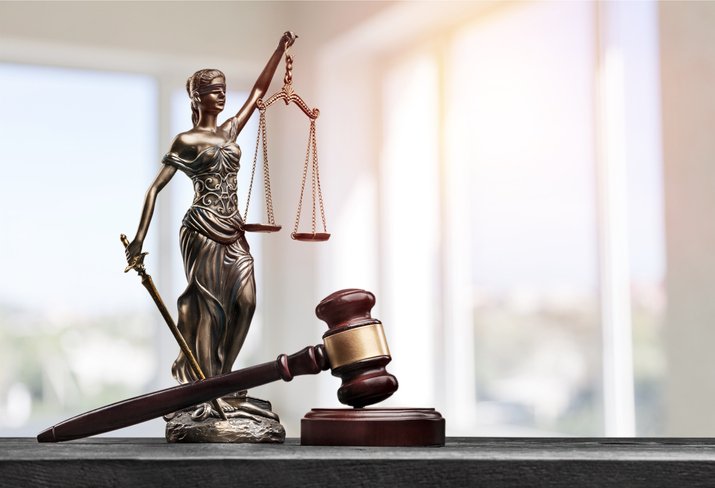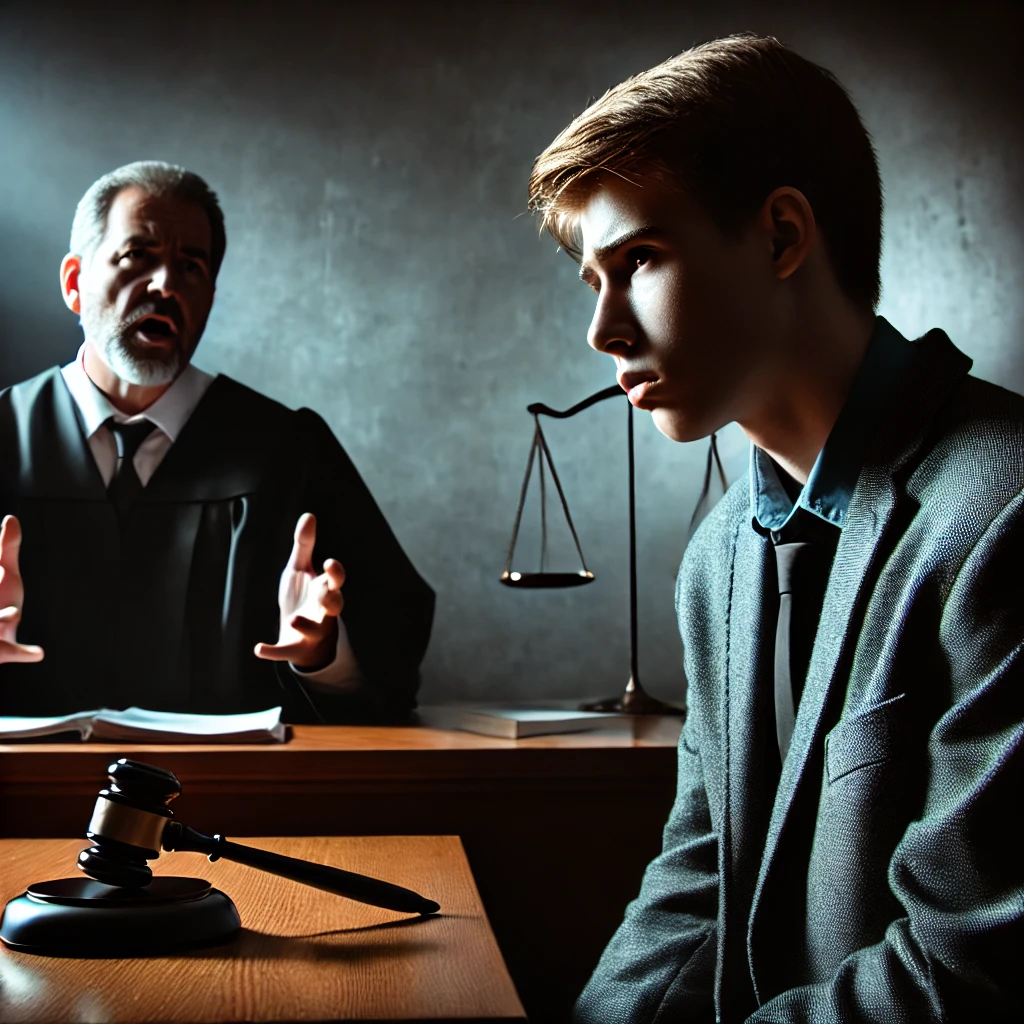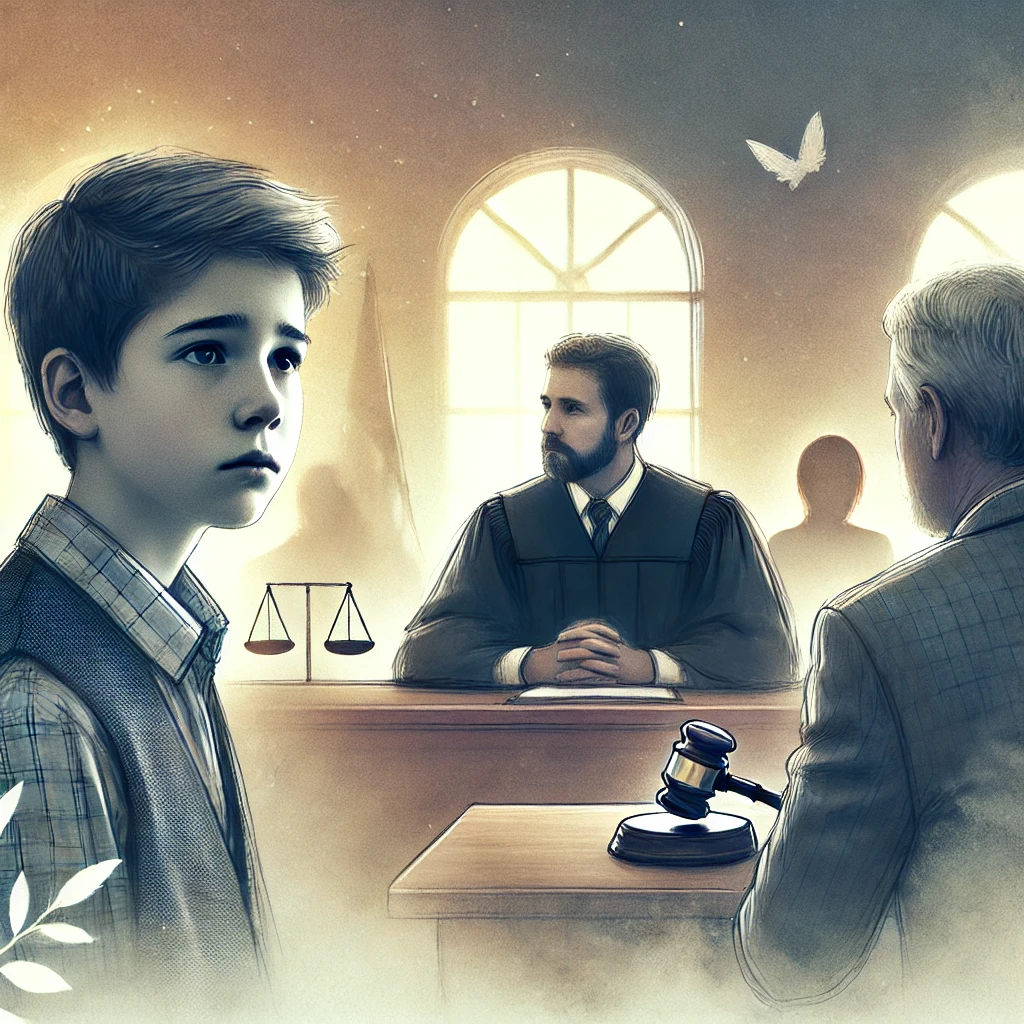What You Need to Know
Criminal law and criminal justice are two different things. Criminal law defines crimes and their punishments, while criminal justice is a system that enforces these laws. Understanding both can be very important if you ever have to face legal trouble.

Understanding Criminal Law: The Basics
What Is Criminal Law?
Criminal Law and Criminal Justice. Criminal law deals with crimes such as theft, assault, and fraud. In contrast to civil law, which handles personal disputes, criminal law punishes offenses that are against society.
The principles are:
- Innocent until proven guilty – A person is presumed innocent until proven guilty.
- Proof beyond a reasonable doubt –There must be solid and clear evidence to prove guilt.
- Intent + Action = Crime – A crime is complete only when both intention and action are involved.
These rules shape every criminal case.
Felony vs. Misdemeanor: What’s the Difference?
Crimes are divided into two categories:
- Felonies –Serious crimes such as murder or robbery carry higher penalties, such as long prison sentences.
- Misdemeanors – Less serious offenses such as petty, theft or disorderly conduct have lighter penalties
The criminal prosecution process depends on the severity of the crime.
The Criminal Legal Process: Step by Step
- Arrest and Charges –The police arrest a person and charge him.
- Arraignment –A plea entered in a court is guilty or not guilty.
- Trial –The judge or jury decides whether the accused is guilty or not.
- Sentencing –If the guilt is proven, a penalty is given.
- Appeals –The verdict can be challenged.
Criminal Justice System: How It Works
Many people think that the criminal justice system is always fair, but wrongful convictions, base rulings, and inferior sentencing prove that wrong. It is important to understand this so that you can protect your rights.
Key Parts of the Criminal Justice System
- Law Enforcement –The police investigate crimes and arrest suspects.
- Courts –Judges, prosecutors, and defense attorneys make wrong sentencing decisions.
- Corrections –Prisoner Probation and Rehabilitation Programs Handle Convicted Offenders
Steps in a Criminal Trial
- Arrest and Charges –Police detain suspect
- Arraignment –Accused pleads guilty or not guilty.
- Trial –Lawyers present their arguments and the judge or jury makes a decision.
- Sentencing –If the gratuity is proven, a pension will be given.
- Appeals –Defendants can challenge the verdict.
Problems in the Criminal Justice System
- Wrongful Convictions –Caused by false evidence and unfair trials
- Overcrowded Prisons –The prisons are full, which creates harsh conditions.
- Wealth Inequality – Rich people can afford better legal representation, while poor people face defense problems.
Criminal Defense Strategies, How Lawyers Fight Cases
People think your case is almost guaranteed if you find a good criminal defensive lawyer. The truth is that evidence law and courtroom strategy are equally important. Criminal Law and Criminal Justice.
Common Criminal Defense Strategies
- Lack of Evidence –Charges may be dropped if there is a proof week.
- Self-Defense –Used in violent crime cases
- Alibi Defense –Proves that the accused was not at the crime scene
- Insanity Plea –It claims that the accused was not responsible for mental capacity.
- Rights Violations –If legal evidence is collected, it can be used to dismiss the case.
Choosing the Right Criminal Defence Lawyer
- Experience –The lawyer’s experience in similar cases is measured.
- Reputation –A good repetition on the court can affect the outcome.
- Affordability –Criminal defense lawyer fees can range from free to very expensive.
A skilled lawyer can improve your chances, but knowing your rights is equally important.
Rights of the Accused, What Many People Get Wrong
Many people believe that if someone is arrested, all their rights are taken away, but the reality is that criminal law ensures that even if accused, they still receive treatment. Criminal Law and Criminal Justice. Understanding these rights is essential to avoid wrongful convictions and unfair treatment.
Key Legal Rights in Criminal Cases
- Right to Remain Silent –You don’t have to answer the police’s questions.
- Right to a Lawyer –You can hire a criminal defense attorney or a public defender.
- Right to a Fair Trial –The judge or jury will hear your case without any bias.
- Right to Due Process –The government is obliged to follow legal procedures.
- Right to Avoid Self-Incrimination –You cannot be forced to confess.
What Happens When Rights Are Violated?
- If the police break the rules, some evidence may be rejected in the court, such as:
- If you are not told your Miranda rights, statements made after the arrest will not count towards the court.
- If the police search your home without a warrant, the evidence they find may be inadmissible.
A skilled criminal defense lawyer can challenge any rights violation and even fight for justice.
Role of Criminal Lawyers, More Than Just Defending Clients
People think that criminal defense lawyers are only there to make arguments in court, but in reality, they protect their clients at every stage, from investigation to negotiation.
What Does a Criminal Defense Attorney Do?
- Legal Advice –Understands charges and possible outcomes
- Case Investigation –The evidence gatherer talks to and finds weaknesses in the prosecution’s case
- Plea Bargains –Negotiates with prosecutors to get charges or penalties reduced
- Court Representation –Presents arguments and challenges evidence
Public Defender vs. Private Attorney: Which One is Better?
- Public Defenders –Provides free legal representation but has a very high caseload
- Private Lawyers –Provide personalized attention but their fees can be expensive
Choosing a good lawyer can greatly affect the outcome of a criminal trial.
Criminal Punishments, Harsher Sentences Don’t Always Mean Justice
Most people think that harsh punishments reduce crime but do they?
Criminal Law and Criminal Justice. Many people think that striker laws and long prison sentences automatically reduce crime, but research shows that criminal punishment alone is not always effective. We have discussed here Criminal Law and Criminal Justice. Rehabilitation, fair sentencing, and alternative justice approaches can be more impactful in controlling crime.
Types of Criminal Punishments
- Fines and Penalties –Used for minor offenses such as traffic violations or fraud.
- Probation –The offender can escape from the jail but he has to follow strict rules.
- Incarceration (Jail/Prison) –Common for serious crimes but not always effective in stopping reoffending.
- Community Service –Low-Level Crimes Non-Prison Alternative
- Death Penalty –The most serious punishment is a highly debated topic.
Issues with Harsh Sentencing
- Mass Incarceration – They are becoming more overcrowded due to strict drug laws.
- Unfair Sentencing –People from marginalised communities face worse and harsher punishments.
- Repeat Offenders –Many criminals commit crimes again after being released from prison because rehabilitation programs are weak.
- Criminal punishment should focus on fairness and rehabilitation, not just harsh sentencing

Criminal Justice Reform, Why the System Needs Change
Most people think the System Works Fine but It’s Far from Perfect. People think the criminal justice system always does the right thing, but wrongful convictions, a lack of bias, and excessive sentencing prove that the system needs to be reformed. Criminal Law and Criminal Justice.
Major Areas for Criminal Justice Reform
- Sentencing Reform –Insuring sentences are tailored to the crime, especially for non-violent offences.
- Prison Reform – Improving prison conditions and focusing on rehabilitation rather than just punishment.
- Better Legal Representation –Ensuring a Fair Trial, Especially for Low-Income Defenders.
- Police Accountability –Restraining Excessive Force and Ensuring Proper Investigation
The Future of Criminal Justice
Criminal Law and Criminal Justice. Experts say reducing prison populations, improving public defence systems, and adopting alternatives like restorative justice can make the system more effective. A fair criminal justice system balances punishment, rehabilitation, and prevention.
Juvenile Justice System, Kids Aren’t Just Mini-Adults
“Most People Think Juveniles Should Be Punished Like Adults But That’s Not Always Fair”
Many people believe that if a minor commits a crime, he or she should receive the same punishment as adults, but the juvenile justice system was created because young offenders need rehabilitation, not just punishment.

How the Juvenile Justice System Works
- Focus on Rehabilitation –The goal of the adult portals versus the journal court is to correct the behaviour of minors.
- Different Sentencing Options –Instead of sending minors to jail, they are given counselings probation, or community service.
- Record Sealing –In many cases, juvenile records are sold so that the young offenders can get a second chance.
Problems with the Juvenile Justice System
- Tough Sentences for Minors –Some minors receive life sentences similar to those they received for crimes they committed as children.
- Lack of Support –Many young offenders do not receive proper legal help.
- School-to-Prison Pipeline –Harsh school punishment pushes some children toward criminal behaviour
A fair juvenile justice system should strike a balance between accountability and second chances. Criminal Law and Criminal Justice.
The Future of Criminal Law, What’s Next?
“Most People Think Criminal Laws Are Set in Stone But They’re Always Changing”
Many people think that criminal law is a fixed system, but laws evolve according to the needs of society. Technology, crime trends, and human rights shape criminal laws.Criminal Law and Criminal Justice.
Trends Shaping the Future of Criminal Law
- Technology and Cybercrime –Laws are being adapted to track new crimes like hacking and identity theft.
- Restorative Justice –There is more focus on repairing harm rather than punishment.
- Drug Law Reform –Many countries are introducing penalties for minor drug offenses.
- AI in Law Enforcement –Police and courts are starting to use artificial intelligence in crime investigations.
How the Legal System Can Improve
- Better Legal Access –Ensuring a fair trial for everyone, whether they are rich or poor.
- Justice for Marginalised Groups –Eliminating bias in sentencing and law enforcement
- International Collaboration –Countries must work together to track global crimes like human trafficking and terrorism
Conclusion:
The criminal justice system is not perfect, and neither is criminal law.Criminal Law and Criminal Justice. As crimes change, rules and policies must evolve. Trials, rehabilitation, and reforms are essential for a system that truly serves justice.